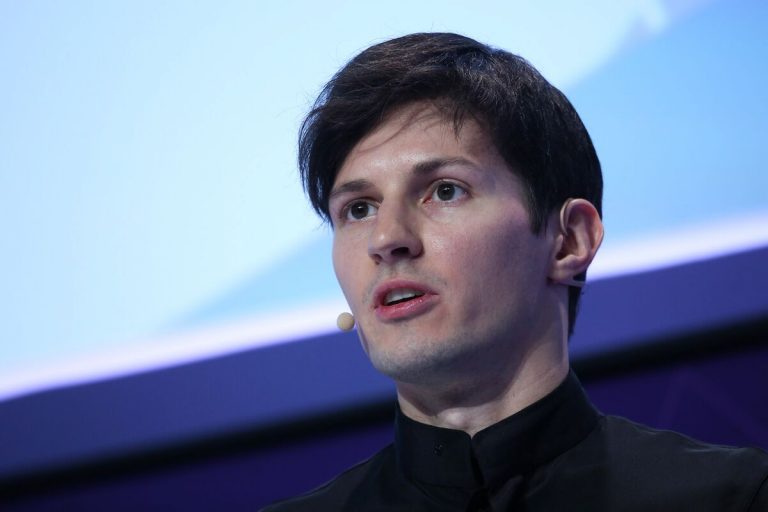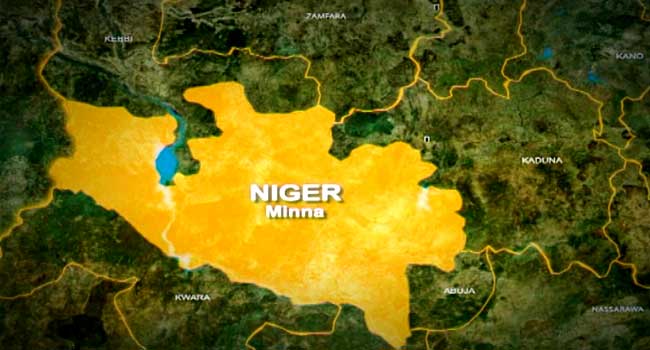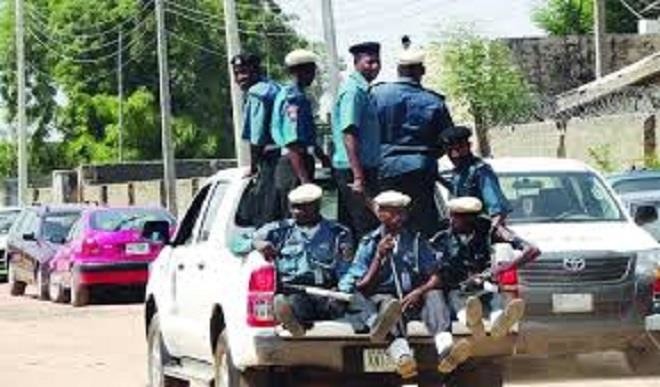Pavel Durov, the chief executive officer (CEO) of Telegram, has been released from police custody after four days of interrogation.
According to CNN on Wednesday, Durov, who was seen exiting the anti-fraud office outside Paris in a police vehicle, was transferred to court for questioning ahead of a possible indictment.
The Paris prosecutor’s office, according to the report, said the billionaire would now face “initial questioning and possible indictment” at a court in the French capital.
The Telegram CEO was arrested by the French police at the Le Bourget airport on August 25.
The 39-year-old was held for offences relating to the popular messaging app, according to international media.
It was said that the CEO could face multiple charges bordering on alleged terrorism, money laundering, drug trafficking, and child abuse content.
On August 26, French President Emmanuel Macron said Durov’s arrest was not a political move but part of an ongoing judicial investigation.
“France is deeply committed to freedom of expression and communication, to innovation, and to the spirit of entrepreneurship. It will remain so,” Macron had said.
“In a state governed by the rule of law, freedoms are upheld within a legal framework, both on social media and in real life, to protect citizens and respect their fundamental rights. It is up to the judiciary, in full independence, to enforce the law.
“The arrest of the president of Telegram on French soil took place as part of an ongoing judicial investigation. It is in no way a political decision. It is up to the judges to rule on the matter.”
Elon Musk, the world’s richest man and the owner of X, accused French authorities of infringing on Durov’s rights and posted the ‘#freepavel’ hashtags.
Musk had also faced criticism over moderation on his platform.
Telegram allows groups of up to 200,000 members, which critics have argued makes it easier for misinformation and disinformation to spread and for users to share conspiracist, neo-Nazi, paedophilic, or terror-related content.
The app, with close to one billion users, is particularly influential in Russia, Ukraine, and the republics of the former Soviet Union.
Several European countries, including France, have raised concerns about the app’s security and data privacy.
Durov had left Russia in 2014 after he refused to comply with demands to shut down opposition communities on his VK social media platform, which he later sold.







